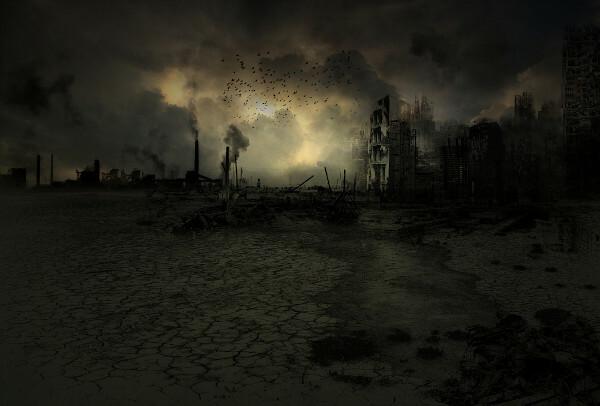Literary Schools are the ways in which literature is divided according to the characteristics presented in each one of them. This division depends, among other aspects, mainly on historical moments.
Also called literary movements, literary schools are divided into eras, which are: colonial era and national era.
Colonial Age Schools
The schools of the colonial era reflect the influence of Portuguese literature, after all, it emerged with the discovery of Brazil up to a few years before its independence.
| Schools | Features | Authors and Works |
|---|---|---|
| 16th century (1500 - 1601) | Informational and pedagogical texts. |
|
|
Baroque (1601 - 1768) |
It is characterized by details, exaggeration and refinement. In it, cultism and conceptism stand out. |
|
|
Arcadianism (1768 - 1808) |
Exaltation of nature and simple language. This literary period is mainly marked by the simplicity of the topics covered. |
|
Learn about colonial-era literary schools:
- 16th century
- Baroque
- Arcadianism
Between the years 1808 and 1836 there is a transition phase.
National Era Schools
The schools of the national era are characterized by the autonomy of Brazilian literature, whose country, at that time, is already independent.
| Schools | Features | Authors and Works |
|---|---|---|
| Romanticism (1836 - 1881) |
Each of the phases of Romanticism has different characteristics: 1st phase: nationalism and indianism 2nd phase: self-centeredness and pessimism 3rd phase: freedom |
|
| Realism Naturalism Parnassianism (1881 - 1893) |
Realism: objectivity, social theme, objective language Naturalism: language closer to colloquial, controversial theme Parnassianism: art for art's sake, cult of form |
|
| Symbolism (1893 - 1910) |
Subjectivism, spirituality and mysticism are characteristics that reflect the style of this school. |
|
| pre-modernism (1910 - 1922) |
Pre-Modernism breaks with academicism, in addition to what is marked by the marginality of its characters. |
|
| Modernism (1922 - 1950) |
Modernism is divided into three phases, characterized by: 1st phase: aesthetic renovation, radicalism 2nd phase: nationalist themes 3rd phase: linguistic innovations and artistic experiments |
|
|
Postmodernism (1950 - until today) |
Spontaneity, artistic freedom, multiplicity of styles and combination of trends are the main marks of this literary school. |
|
Learn about the literary schools of the national era:
- Romanticism
- Realism
- Naturalism
- Parnassianism
- Symbolism
- pre-modernism
- Modernism
- Postmodernism
Read too:
- Literary Movements
- Period Styles
- Origins of Brazilian Literature
- Characteristics of Contemporary Brazilian Literature


